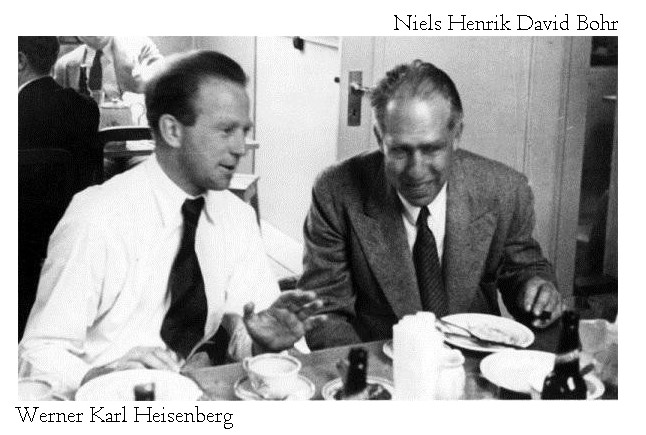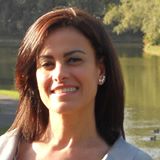Planck E PressCenter Articles
The Discredited Hero
Date published: 2022-10-03
Date modified: 2022-10-03
Reading time: 00:01:36

“Those who can make you believe nonsense,
can make you commit atrocities.”
Voltaire
In 1933, when Hitler began his escalation of terror, Werner Heisenberg was invited to teach at Berkeley. Very tempted, he sought advice from Max Planck, who told him: "in great storms, lighthouses are what guide human beings. You are a lighthouse." Werner stayed. Moreover, when invited to head the program that would create the atomic bomb for the Nazis, he accepted.
For years, Heisenberg has been the victim of attacks for his alleged collaborationism. Fortunately, time tends to lay bare the truth.
It is now known that 10 German scientists involved in nuclear research, including 3 Nobel laureates, spent six months in 1945 at Farm Hall, a farm near Cambridge. What they didn't know was that every room in the house contained a huge number of microphones.
According to Samuel Goudsmit, a Dutch physicist based in the US, the recordings make it very clear that most German scientists had no objection to the development of the atomic bomb for the Nazis. Apparently, they could not imagine the size of the damage it would cause. There was enormous bewilderment on the part of the Germans concerning Hiroshima and Nagasaki.
Exception made to Heisenberg. The recorded conversations make it absolutely clear that Werner did the impossible to delay the Nazi nuclear program. In a conversation between him and the Nazi physicist Walter Gerlach, Heisenberg explains to the latter how a sphere of uranium-235, with a diameter of 54 cm, and weighing almost a ton, could support a chain of reactions where 80 neutron collisions, at a very high speed, would decay by 1024 neutrons. The path was so clear for Heisenberg, that he went so far as to suggest to Gerlach that if the uranium had a reflective layer, only 250 kg of it would be enough to build a bomb so sophisticated that the moment of its explosion could be timed, as it would be composed of two subcritical mass parts.
Heisenberg, who had an IQ of 190, bore the criticism silently. He knew he was a lighthouse.
In the outstanding book about Winston Churchill, Citizens of London, Lynne Olson presents us with an unusual perspective of the British politicians of the time regarding Winnie: "we must deal with his terrible genius because he will have to be Prime Minister if there is war." After guaranteeing the exercise of democracy for the world, Churchill was immediately discarded. Up close, no one can stand a hero.
Keywords
- Werner Heisenberg
- Atomic Bomb
- Naziism
- Nuclear Bomb
- Strategic Intelligence
For further information about Planck E PressCenter, please contact us.
Divulging ingenious solutions
The mission of the Planck E PressCenter is to promote ideas, products and theories that have not yet reached the mainstream, as captured in our first release Eccentrics and their Ingenious Solutions.
Newsletter
Sign up for our weekly Planck E Newsletter, complete with the latest ingenious solutions.
Click here for the signup form.
Submit your ingenious solution
We encourage you to submit your ingenious solution, article, press release or "out of the mainstream" technical idea for publication on the Planck E PressCenter. Please send us an e-mail to presscenter@planck-e.com and enquire how.
To learn more about holistic engineering, solutions inspired by nature, monetization of diseconomies, training courses or the incorporation of Being Data to your day-to-day, please follow us on the social networks.

